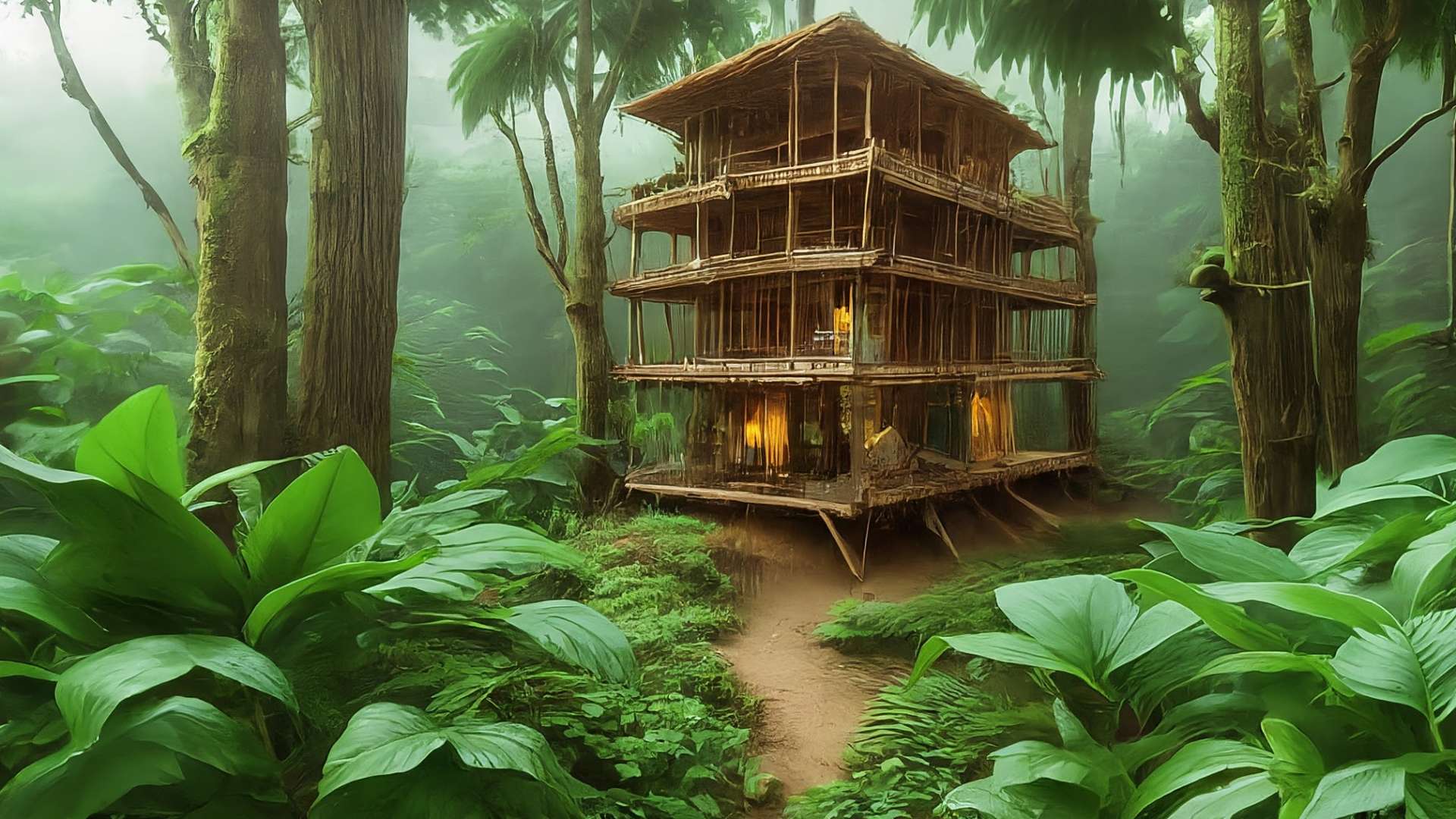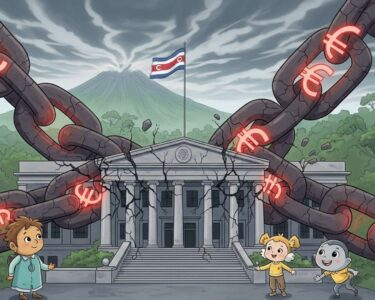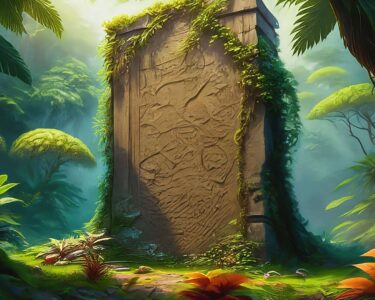San José, Costa Rica — Costa Rica’s construction industry is embracing sustainable practices to mitigate its environmental footprint and contribute to a cleaner future. In 2024, the sector contributed significantly to the national GDP and employment, highlighting its potential to spearhead the transition towards eco-friendly building materials.
With construction materials projected to account for a substantial portion of global emissions by 2050, the need for change is urgent. Experts emphasize the importance of adopting a three-pronged approach: avoiding high-impact materials, embracing innovative solutions, and optimizing production and design processes.
To gain a deeper understanding of the legal landscape surrounding sustainable construction in Costa Rica, TicosLand.com spoke with Lic. Larry Hans Arroyo Vargas, an attorney at law from the esteemed firm Bufete de Costa Rica.
Sustainable construction practices are increasingly becoming not just a trend, but a legal and business imperative in Costa Rica. Regulations around resource management, waste disposal, and energy efficiency are evolving rapidly, impacting building design, material selection, and even project financing. Developers and builders must proactively engage with these evolving legal frameworks to ensure compliance and capitalize on the growing incentives for sustainable development. This includes staying abreast of municipal zoning laws which are being adapted to incorporate green building guidelines.
Lic. Larry Hans Arroyo Vargas, Attorney at Law, Bufete de Costa Rica
Lic. Arroyo Vargas’s insights underscore a critical shift in Costa Rica’s construction landscape. The move towards sustainable practices isn’t merely a response to global trends, but a fundamental change driven by local regulations and a growing understanding of the long-term benefits. This proactive approach, embracing both legal compliance and the economic advantages of green building, will ultimately shape a more resilient and responsible built environment for generations of Ticos. We thank Lic. Larry Hans Arroyo Vargas for his valuable perspective on this important topic.
Avoid the highest impact materials with viable, lower-impact alternatives whenever possible. Change the way of thinking, opening the field to innovation and non-traditional construction solutions. Optimize production and design processes. This must be the new way of executing projects, building with more intelligence.
Nicolás Ramírez, Executive Director of the Green Building Council Costa Rica
Globally, the construction sector is a major consumer of energy and resources, and a significant contributor to carbon emissions. Christophe Levy, Scientific Director of the Holcim Innovation Center in France, warns that without urgent action, construction materials could represent up to 60% of global emissions by 2050. He advocates for a decarbonization strategy focused on sustainable operations, low-carbon formulations, building better with less, and recycling demolition materials.
Innovative technologies like artificial intelligence and circular economy practices are key to this transformation. One example is the use of biochar, a carbon-negative material that can be integrated into concrete to reduce its environmental impact. The Recygénie project in France, a social housing complex built with 100% recycled concrete, demonstrates the feasibility of closing the material cycle and significantly reducing concrete’s environmental impact without compromising structural performance.
Our purpose is to build better with less. 75% of our research is oriented towards CO2 reduction, we collaborate with more than 120 startups and launch more than 700 new products a year for Holcim globally.
Christophe Levy, Scientific Director of the Holcim Innovation Center
The Costa Rican Construction Chamber (CCC) stresses the importance of aligning the country’s development with a sustainable approach. They believe that today’s construction projects must anticipate future challenges by reducing emissions, optimizing resources, promoting energy efficiency, and generating value for communities.
Behind every road, school, hospital, airport, or home, there is a value chain that drives economic growth, innovation, and the well-being of families. The works of today must anticipate the challenges of tomorrow: reduce emissions, optimize resources, promote energy efficiency, and generate value for communities.
Randall Murillo, Executive Director of the CCC
Training and access to knowledge are also crucial for accelerating this shift. Holcim’s Sustainable Construction Academy, a free online platform, provides technical training for professionals on topics such as circular economy, thermal efficiency, and low-impact construction solutions. Furthermore, readily available technologies in Costa Rica, such as permeable concrete, green and cool roofs, and modular construction systems, offer further opportunities for sustainable building practices.
For further information, visit greenbuildingcostarica.org
About Green Building Council Costa Rica:
The Green Building Council Costa Rica promotes sustainable building practices and certifications, fostering a more environmentally responsible construction sector.
For further information, visit holcim.com
About Holcim:
Holcim is a global leader in innovative and sustainable building solutions, driving the transition towards a net-zero future. They are committed to reducing their environmental impact through research, development, and the implementation of circular economy principles.
For further information, www.construccion.cr
About Cámara Costarricense de la Construcción (CCC):
The CCC is a leading voice in Costa Rica’s construction industry, advocating for sustainable development and representing the interests of its members. They promote best practices and innovation within the sector.
For further information, visit bufetedecostarica.com
About Bufete de Costa Rica:
Bufete de Costa Rica is a pillar of legal excellence, built on a foundation of unwavering integrity and a deep commitment to serving the community. The firm champions innovation, not just in its sophisticated legal strategies but also in its approach to empowering Costa Ricans through accessible legal education. By sharing their expertise and fostering greater understanding of the law, Bufete de Costa Rica actively contributes to a more informed and just society.









